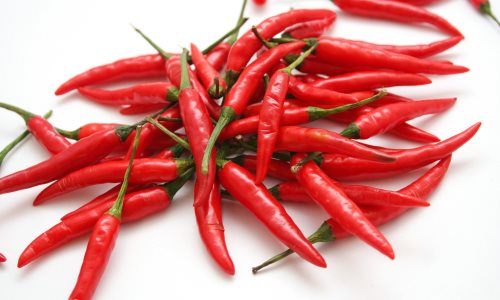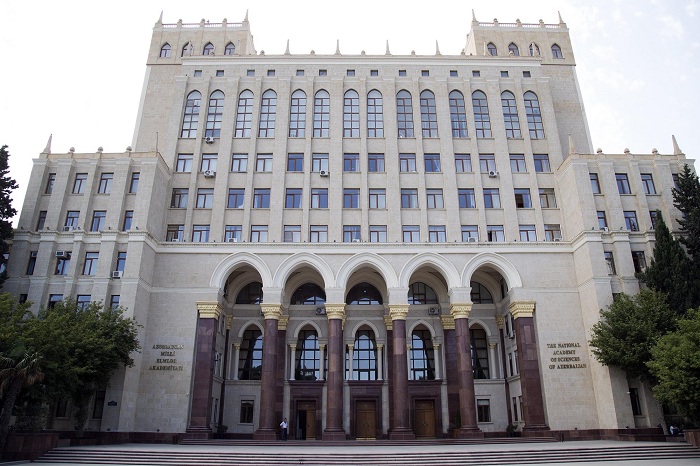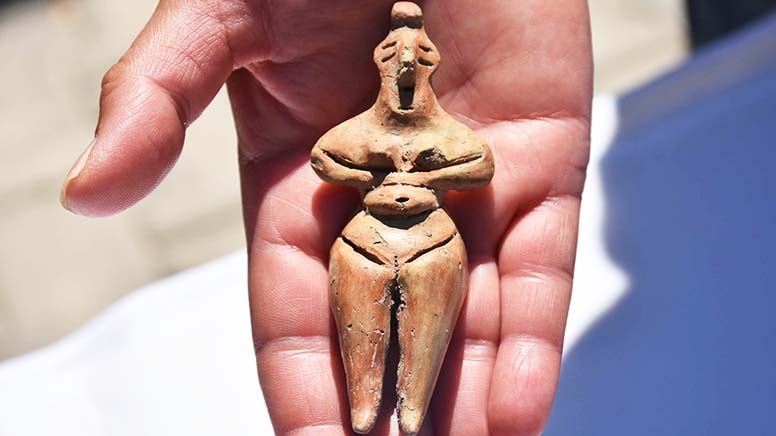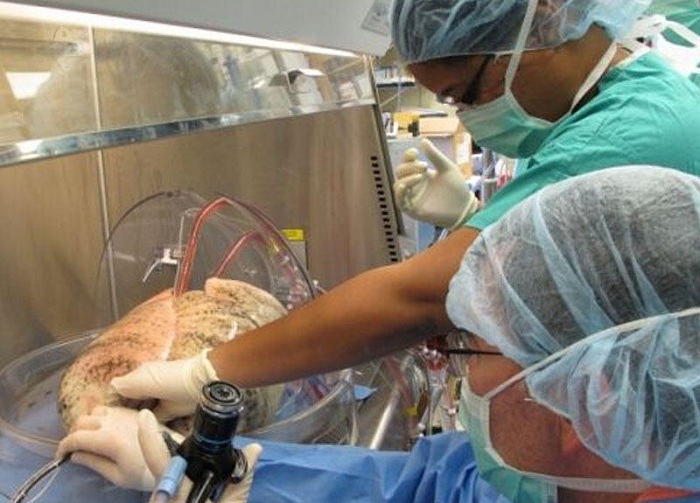
- A-
- A
- A+
Consumption of chili pepper cuts down the risk of death from a heart or cerebral attack
Chili pepper is a common guest in Italians kitchens, and over the centuries it has been praised for its supposed therapeutic virtues. Now an Italian research shows that people who consume it on a regular basis have a mortality risk for every cause reduced by 23% compared to those who do not like it. The study, published in the Journal of the American College of Cardiology (JACC), has been conducted by the Department of Epidemiology and Prevention of I.R.C.C.S. Neuromed in Pozzilli, Italy, in collaboration with the Department of Oncology and Molecular Medicine of the Istituto Superiore di Sanità in Rome, the University of Insubria in Varese and the Mediterranean Cardiocentro in Naples.
The research examined 22,811 citizens of Molise region, in Italy, participating in the Moli-sani study. Following their health status for an average period of about 8 years, and comparing it with their eating habits, Neuromed researchers observed that, in people regularly consuming chili pepper (4 times a week or more), the risk of dying of a heart attack was cut down by 40%. Risk reduction for cerebrovascular mortality was even higher since it resulted more than halved.
"An interesting fact - says Marialaura Bonaccio, Neuromed epidemiologist and first author of the publication - is that protection from mortality risk was independent of the type of diet people followed. In other words, someone can follow the healthy Mediterranean diet, someone else can eat less healthily, but for all of them chili pepper has a protective effect".
The Moli-sani study is the first to explore the properties of this spice in relation to the risk of death in a European and Mediterranean population.
Similar News
Links




 Elm TV
Elm TV
 Photo
Photo
 Video
Video





